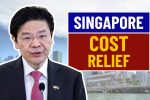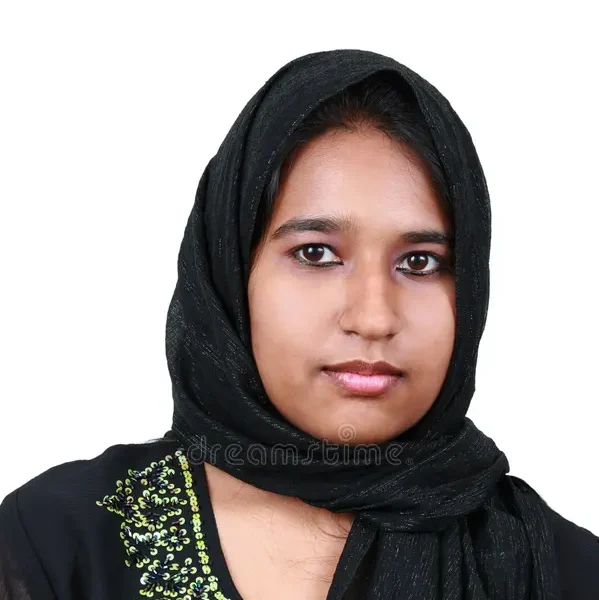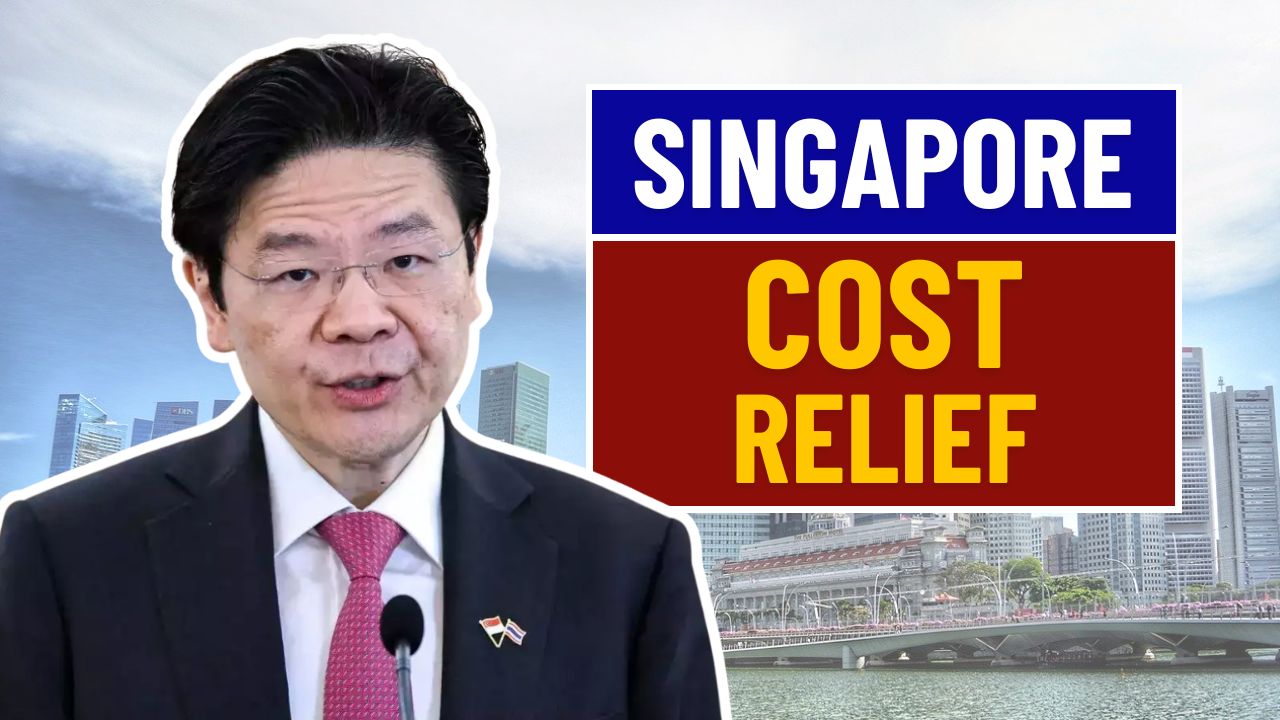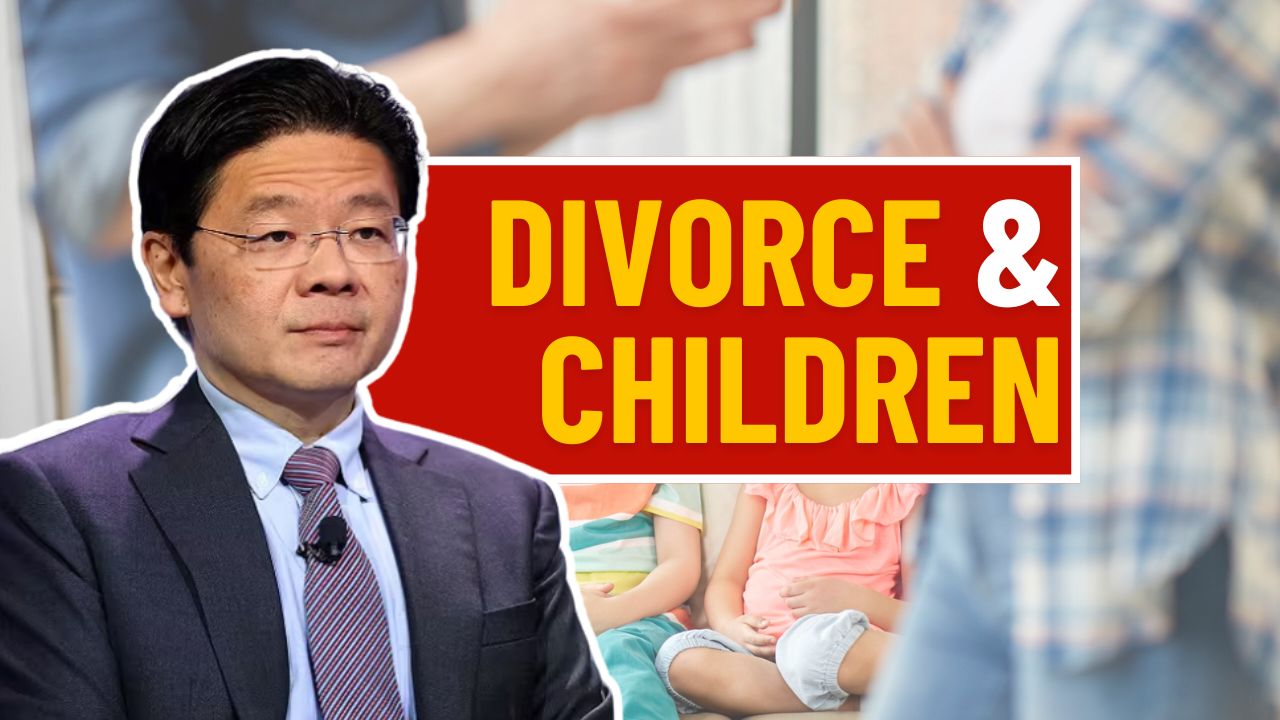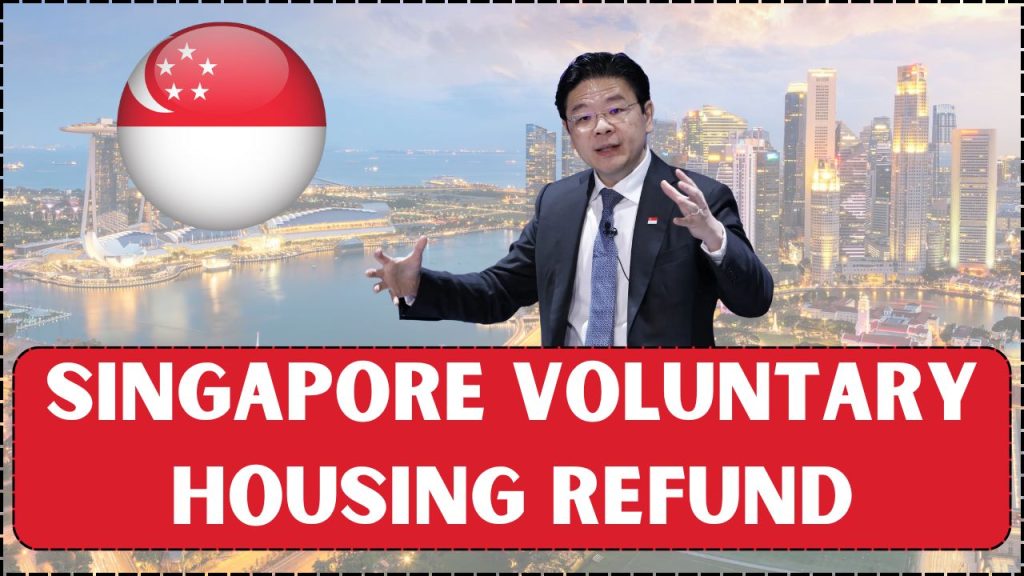
Singapore’s Central Provident Fund system offers homeowners a unique opportunity to optimize their retirement savings through the Voluntary Housing Refund scheme. This strategic financial tool allows property owners to return CPF funds previously used for home purchases back to their CPF accounts while maintaining ownership of their properties. The scheme represents a sophisticated approach to retirement planning that can significantly impact your long-term financial security.
Table of Contents
What is the Voluntary Housing Refund?
The Voluntary Housing Refund is a financial mechanism that enables Singapore homeowners to return CPF savings that were originally withdrawn for property purchases back to their CPF accounts. This process encompasses both the principal amount withdrawn from the Ordinary Account (OA) and any accrued interest on these funds.
Key Components of the Refund
The refund process involves returning funds that were initially used for various aspects of property acquisition. When homeowners utilize their CPF Ordinary Account savings for purchasing properties, whether HDB flats or private properties, they create a debt to their CPF account that typically gets settled upon property sale or transfer.
The voluntary nature of this refund means homeowners can proactively manage this debt while still owning their property, creating multiple financial advantages that compound over time.
Strategic Benefits of Making Voluntary Housing Refunds
Enhanced Cash Proceeds Upon Property Sale
One of the most significant advantages of making voluntary housing refunds is the reduction in the amount that needs to be returned to CPF when eventually selling or transferring the property. This reduction directly translates to higher cash proceeds from the property transaction.
When you sell your property, you’re required to return all CPF funds used for the purchase, plus accrued interest, to your CPF account. By making voluntary refunds earlier, you reduce this obligation, allowing you to retain more cash from the sale.
Compound Interest Accumulation
The refunded amount benefits from CPF interest rates, which compound over time. This means your voluntary refund doesn’t just sit idle but actively grows, contributing to your retirement fund accumulation. The power of compound interest becomes particularly significant over longer periods, making early voluntary refunds especially beneficial.
Retirement Sum Requirements
For individuals aged 55 and above, voluntary housing refunds contribute toward fulfilling Full Retirement Sum (FRS) requirements. The FRS ensures regular retirement payouts, and voluntary refunds can help achieve this crucial financial milestone more effectively.
Eligibility Criteria and Requirements
Primary Eligibility
| Eligibility Factor | Requirement |
|---|---|
| Property Ownership | Must own property purchased using CPF funds |
| CPF Usage | Must have used CPF Ordinary Account for property purchase |
| Property Types | Includes HDB flats and private properties |
| Refund Limits | Up to total CPF amount withdrawn plus accrued interest |
Special Conditions for Specific Groups
Undischarged Bankrupts
Individuals who are undischarged bankrupts must obtain approval from the Official Assignee before proceeding with housing refunds. This additional step ensures compliance with bankruptcy proceedings and protects creditor interests.
Housing Grant Recipients
When housing grants were used for HDB flat purchases, these grants are refunded to the Ordinary Account. However, recipients of $30,000 or more in grants may have portions of their refund credited to their Special Account (SA), Retirement Account (RA), or MediSave Account, depending on their age and account balances.
Refund Parameters and Flexibility
Refund Amount Options
| Refund Type | Description | Benefit |
|---|---|---|
| Partial Refund | Return portion of CPF amount used | Flexible financial management |
| Full Refund | Return entire CPF amount plus interest | Maximum future cash proceeds |
| Graduated Refund | Multiple smaller refunds over time | Manageable payment approach |
Homeowners enjoy complete flexibility in determining refund amounts, allowing them to make partial or full refunds based on their financial capacity and strategic preferences. This flexibility enables personalized financial planning that aligns with individual circumstances.
Age-Specific Considerations
For homeowners aged 55 and above, the refunded amount contributes toward Full Retirement Sum requirements. Any refund exceeding the FRS remains in the Ordinary Account, continuing to earn interest while remaining accessible for approved uses.
Step-by-Step Application Process
Method 1: My CPF Digital Services
The digital application process offers convenience and efficiency:
- Access the Platform: Use your Singpass to log into the CPF Website
- Payment Method Selection: Choose your preferred payment method for the refund
- Property Selection: Select the specific property for which you’re making the refund
- Amount Input: Enter the precise amount you wish to refund to your CPF account
- Confirmation: Review and confirm your refund application
Method 2: CPF Mobile App
Mobile application provides on-the-go accessibility:
| Step | Action | Details |
|---|---|---|
| 1 | Download App | Available on Android and iOS platforms |
| 2 | Secure Access | Log in using secure authentication |
| 3 | Navigate Interface | Tap “Services” tab from home screen |
| 4 | Select Option | Choose voluntary housing refund option |
| 5 | Complete Process | Follow guided refund procedure |
Method 3: CPF Helpline Support
For personalized assistance, contact the CPF hotline at 1800-227-1188. To minimize wait times, consider booking an appointment for dedicated support. Note that mobile calls to 1800 service lines incur airtime charges, while landline calls from Singapore are free.
Financial Impact Analysis
1. Immediate Benefits
The immediate impact of voluntary housing refunds includes reduced future obligations and enhanced CPF account balances. These benefits provide tangible financial advantages that improve overall retirement preparedness.
2. Long-term Wealth Building
The compound interest effect on refunded amounts creates substantial long-term wealth-building opportunities. Over extended periods, the difference between making early voluntary refunds versus waiting until property sale can amount to significant sums.
3. Cash Flow Optimization
By strategically timing voluntary refunds, homeowners can optimize their cash flow management while building retirement wealth. This dual benefit makes the scheme particularly attractive for financial planning purposes.
Strategic Timing Considerations
1. Early Career Benefits
Young homeowners who make voluntary refunds early in their careers benefit most from compound interest accumulation. The extended time horizon allows maximum growth potential for refunded amounts.
2. Pre-Retirement Planning
Homeowners approaching retirement can use voluntary refunds to ensure Full Retirement Sum compliance while maintaining property ownership. This strategy provides retirement security without requiring property liquidation.
Making Informed Decisions
Financial Assessment
Before making voluntary housing refunds, conduct thorough financial assessments considering current cash flow, future income prospects, and retirement planning goals. The decision should align with comprehensive financial strategies.
Professional Consultation
Consider consulting financial advisors or CPF specialists to understand the full implications of voluntary refunds within your specific financial context. Professional guidance can optimize timing and amounts for maximum benefit.
Conclusion
The Voluntary Housing Refund scheme represents a sophisticated tool for CPF optimization that can significantly enhance retirement preparedness while maintaining property ownership. By understanding the eligibility requirements, application processes, and strategic benefits, homeowners can make informed decisions that align with their long-term financial goals.
The scheme’s flexibility allows personalized approaches to retirement planning, whether through partial refunds that maintain cash flow flexibility or full refunds that maximize future benefits. The compound interest effect on refunded amounts creates substantial long-term value, making early participation particularly beneficial.
For Singapore homeowners who have used CPF funds for property purchases, the Voluntary Housing Refund offers a pathway to enhanced financial security without sacrificing property ownership. By taking advantage of this opportunity, homeowners can build stronger retirement foundations while optimizing their property investment returns.


